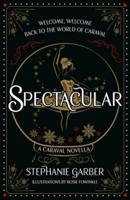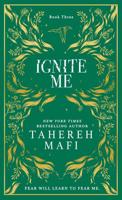Publisher's Synopsis
This historic book may have numerous typos and missing text. Purchasers can usually download a free scanned copy of the original book (without typos) from the publisher. Not indexed. Not illustrated. 1918 edition. Excerpt: ... each individual in the course of his education must pass through the process of refining these conceptions and a slow process it is. All our common and clear knowledge is expressible only in sensory imagery. We can indicate the meaning of terms in the last analysis only by pointing to the physical objects which they denote, and if our experiences associated with them are also common we may seize the connected meaning of things in that way. An object may become a symbol of a feeling and so language may grow to express nonsensuous mental states to those who have passed through the experience of them and their association with the sensory object. Thus to the savage, religion may be only fear of his fetish or the supposed deity in it. The word would have no other meaning for him. But if he advanced to the highest stage of civilization, it might mean a more refined mental attitude and would not be directed to a physical object at all, but to some supersensible reality which he would not fear but reverence. The term would thus denote an experience which the savage might not have, but which the civilized man would understand from its association with the whole group of ideas that have grown up in connection with all the problems of philosophy and theology. It thus becomes, not the sensuous objects that he has in mind when he speaks and thinks of the spiritual, but the states of mind which his development has associated with them, though he may still use the same old words for denominating them. The antagonism between the reflective and the unreflective mind is this. The reflective mind tries to think of things as having some sort of existence apart from the way sensation represents them. The unreflective mind accepts his sensations as correctly...


























